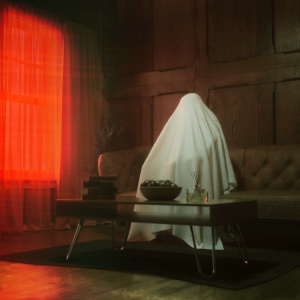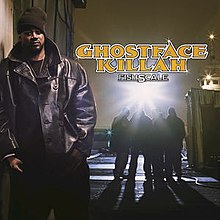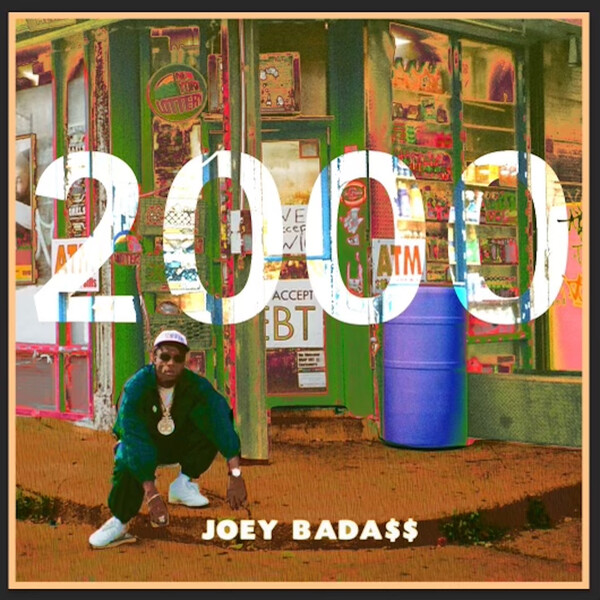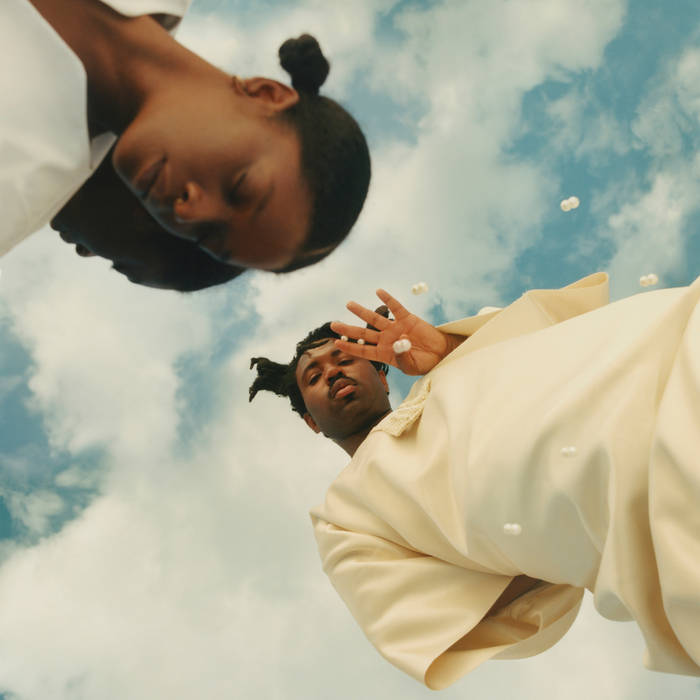By: Tommy “T-Rod” Rodriguez
Very few artists have the ability to make you feel like a child once again, gazing out the car window as your mom blasts Top 40 hits from the radio. In an age dominated by cynicism towards radio-friendly and poppy rock sounds, it seems odd that so many have forgotten just how important Neon Trees were to our childhood.
Getting their big break in 2010 with their major label debut Habits, Neon Trees exemplified the joy that music can make you feel. Anyone who grew up as a young child knew about “Animal,” a song that no doubt helped introduce them to the ever-branching genre of rock music that soon became our passion. Much of the band’s appeal in their early years stemmed from their pure likability: when a song as well-constructed, catchy, and punchy as “Everybody Talks” comes around, you can’t help but smile. Alongside “Tongue Tied,” it’s one of radio rock’s most popular throwback hits. This song, among many others from their canon, showed that Neon Trees never aimed to be too heady or divisive, speaking solely from the heart on emotions that anyone can relate to. Whether it be lust, loneliness, desire, or nostalgia, they covered relatable topics without sacrificing real weight and earnestness behind their lyrics.
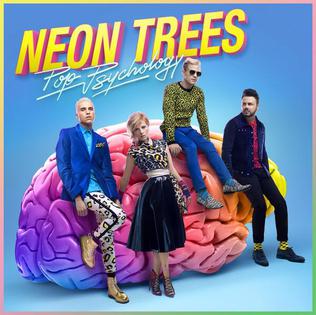
Another factor of why Neon Trees has resonated so much with people of all audiences is that their sound refuses to age. Their sound is pristine and polished, focusing less on the crunchiness of guitar riffs and more on how slick the overall performance can be. Their aesthetic, especially on records like the criminally underrated Pop Psychology, thrive on 80’s inspiration: synths are just as prevalent as guitars, mixes are loaded with colorful and vibrant sounds, and the vocals always shine through in a danceable groove. “I Love You (But I Hate Your Friends)” and “Sleeping with a Friend” have a sort of sheen that keeps them pop-sensible, but retain enough artistic depth to make each listen worthwhile. There’s a reason why the band charted so much in the early 2010’s: more often then not, people loved the mix of nostalgic sounds and young-blooded energy.
And then…silence.
For a little more than six years, the band stayed mostly silent. The only signs of life were a faint heartbeat in the form of loose singles and frontman Tyler Glenn’s personal solo album, Excommunication. The world of Neon Trees was seemingly at a standstill…but they weren’t forgotten. Even as we grew up and explored new niches of rock, pop, and alternative music, there was something that felt missing; that hopeful, universally enjoyable pop rock sound that we could blast in the car, windows down and A/C off. The songs that could rock us to sleep or rock out a good time with friends.
Neon Trees, oh how you were missed. With the stunningly quick announcement and release of their 2020 record, titled I Can Feel You Forgetting Me, the band simultaneously answered the emptiness felt by active and passive members of their fanbase, never missing a beat and continuing to do what they do best: make fun, understandable, and catchy music…but this time they’re more self-aware than ever.
While I aim not to “review” this album in order to discuss its importance in the Neon Trees canon, I have to emphasize how great it is. The 80’s-inspired synth work and melodies scream classic Neon Trees, as do the choruses of songs like “Nights,” wherein the soaring vocals and instrumental mixing make the hooks burn into your brain in the most enjoyable way possible. The album very much feels like an amalgamation of their previous works: the hunger of Habits, the classy songwriting of Picture Show, and the danceability of Pop Psychology are all on display, but there’s a subtle darkness to it all, forewarned by the cover art. The art is one of Neon Trees’ most poignant statements, featuring a sheet ghost sitting alone in a forebodingly empty home.
This moodiness extends into the album’s writing as well. Despite the upbeat production being prominent throughout, songs like “Holy Ghost” and “Used To Like” hint at something sinister. A fractured relationship, perhaps, a deprecating loss of support. “Just appear when I need you most” Glenn sings, reflecting the many sentiments that their fanbase has had: we missed this damn band. They capture this feeling of separation throughout the record, making it their most direct statement to listeners to date…
But the band also seems to be tired themselves. “I don’t want my heart anymore” the hook echoes on the electronic-laden “Skeleton Boy.” As much as the wait for new music has pained fans of the band, there seems to be an equal amount of growing pains felt by the band. In an interview with Atwood Magazine, Tyler Glenn said that he feels like he’s much more mature as a person, but has nonetheless experienced desperation that inspired songs like lead single “Used To Like.” Throughout the album, personal tales seem to take the forefront, more so than ever, such as the self-reflection of singularity in “Living Single” or the struggle to find hope on the anthemic “Everything is Killing Me.”
What makes this album so important, not just for me but for any longtime fan, is that it carries that classic Neon Trees relatability to a new day and age. One where, let’s face it, we feel the same desperation and frustration faced by the protagonists in the band’s songs, but embrace the positivity of the music itself. “Going Through Something” is one of the band’s most experimental tracks yet, a funky pop-ballad that deals with the battle we wage in our own head. As we sit alone in our rooms, away from family and friends as the world burns around us, we can all feel that we’re indeed going through something…but the funk is infectious, the bubblegum production sweet as candy. In a beautiful way, Neon Trees have captured the feelings of isolation and loneliness felt by their audience, but also provide a therapeutic release with their own brand of sonic positivity…the classic Neon Trees formula working more poignantly than ever.
“New Best Friend,” the closing number on the record, very much encompasses the hope for a brighter future that both the band and its fans seek. In the same Atwood Interview (seriously, check it out), Glenn goes on to say that the band has very much evolved and changed. This song exemplifies this rebirth, with the acquisition of a new best friend leading to more fun times and happy memories. This new version of Neon Trees is willing to become that new friend that we’ve missed for so long, extending a hand to music fans everywhere to join in on the ride that suddenly stopped so long ago. I’ve missed this band for a while, but the wait was worth it; I’m ready to return to the band I loved so much as a kid. Hopefully, you will be too…
SOFLOSOUND.com is your one stop shop for a music fan’s music reviews, profiles, and essays. By the youth, for the youth, and allied with all oldheads, everywhere. Leave a comment below on what you want to see next!
